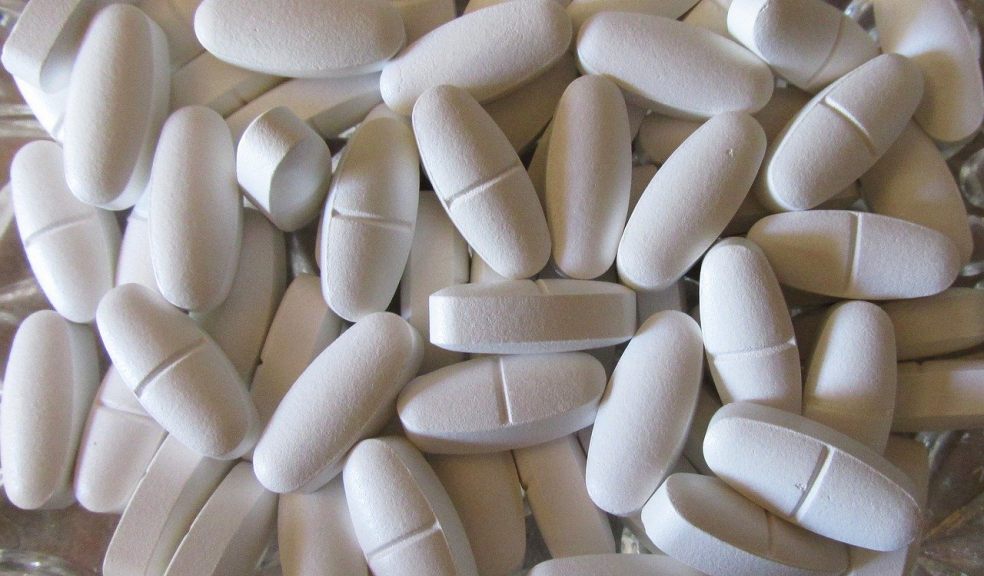
Can Vitamin D help you lose weight?
Vitamin D is one of the essential fat-soluble micronutrients. It brings major health benefits, including stronger bones and improved immunity. There’s also rising evidence that it could aid weight loss. In this article, we shall get closer to Vitamin’s D effects on weight loss.
One study conducted by the University of Minnesota showed that persons with deficient levels of vitamin D are more likely to accumulate a higher amount of fat compared to those who have no deficiency.
Since vitamin D is not always present in many foods, most health experts recommend taking at least 10-30 minutes of sunshine exposure daily or supplements with vitamin D in it, here’s a guide to weight loss pills by Mens Journal which you can use.
However, with declined exposure, probably due to a sedentary lifestyle and use of sunscreen, most people are more vulnerable to becoming vitamin D deficient. Some opt for supplements and supplements to achieve the recommended daily amount of 15 mcg (600 IU).
Unfortunately, almost 50% of people across the globe are low in vitamin D. This vulnerable to this deficiency include:
- Those with limited sunshine exposure
- Dark-skinned individuals
- Older adults
- Breastfed infants
Vitamin D and weight loss
Surprisingly, the most recent World Health Organization reports states that between 40 and 50% of the world’s population do not get sufficient vitamin D. It is estimated that one billion people have a chronic vitamin-D deficiency.
Most people are at high risk of developing this deficiency, including breastfed babies, older individuals, dark-skinned people and those living in latitudes with low sunlight. Disturbingly, people who are obese or overweight are more likely o develop vitamin D deficiency.
Research now shows that taking up to 4,000 IU of vitamin D can aid weight loss. Other studies show that higher body fat percentage and body mass index are associated with lower levels of vitamin D.
Numerous theories speculate about the correlation between obesity and low vitamin D levels. Some suggest that overweight people tend to consume fewer vitamin D-rich foods, therefore explaining the relationship.
Others stress on the behavioural differences claiming that obese persons bare less skin, meaning that they may absorb less of vitamin D from the sun. Moreover, certain enzymes are necessary to turn vitamin D into active micronutrients. And the levels of these enzymes may differ between overweight persons and normal-weight people.
However, a study conducted in 20212 showed that once vitamin D levels in overweight people are adjusted as per their body size, there’s no difference between enzyme levels in overweight people and normal-weight individuals.
That means your need for vitamin D largely depends on your body size. As such, obese people need more than non-obese people to achieve the same blood levels. Again, this explains why obese people are more likely to develop vitamin D deficiency.
Still, losing weight can also impact your vitamin D levels. Studies show that a reduction in body size would cause a decrease in your Vitamin D levels. But since the amount of it present in your body remains the same, these levels will actually adjust. The extent of weight loss may influence the extent to which your levels increase.
Research shows that even a small amount of weight loss might result in a modest increase in levels of vitamin D. In a study, subjects who lost at least 15 percent of their body weight showed an increase that was nearly three times greater compared to those who lost 5-10% of their body weight.
Furthermore, some supportive findings show that improving vitamin D levels can subside fat accumulation and boost weight loss.
How does Vitamin D support weight loss?
Multiple theories attempt to explicate the effects of vitamin D on weight loss. Research shows that vitamin D may potentially combat the development of new fat cells in the body.
This, in turn, suppresses the storage of fat cells, effectively lowering the fat accumulation. Besides, vitamin D is known to boost the levels of serotonin, a neurotransmitter that impacts everything from mood to sleep patterns.
Serotonin can also help with appetite control and enhance satiety, making you feel full for longer. Satiation plays an essential role in reducing calorie intake, which reduces body weight.
In a study, 218 overweight and obese women were subjected to a calorie-restricted diet and same exercise routine. The study was conducted over one year. Half of the women received placebo, while the other half received vitamin D supplements.
The results showed that those who fulfilled their vitamin D requirements experienced more weight loss, dropping an average of 3.2 kg (7 pounds) more than those who lacked adequate blood levels.
Another study examined overweight and obese female adults who received vitamin D supplements for 12 weeks. The results showed that although the women didn’t experience any significant weight loss, they showed an increase in their vitamin D levels and reduced body fat percentage.
Vitamin D may also help to minimize weight gain. A one-year study considered more 4,600 elderly women. It was found that higher vitamin D levels lead to less weight gain. That means increasing your vitamin D levels may help with weight loss. Otherwise, more research is needed for more definite conclusions.
Lastly, higher levels of vitamin D is also associated with higher testosterone levels, which could support weight loss. In a study, 165 men received vitamin D supplements for one year. The results showed that those taking supplements had a greater increase in testosterone levels compared to the control subjects.
Other studies suggest that higher testosterone levels may reduce body fat and help promote long-term weight loss. It does this by improving metabolism, enabling your body to burn more calories after eating. This could also block the development of fat cells in the body.
Vitamin D for Weight Loss: Daily Dosage
As earlier mentioned, vitamin D can be naturally obtained from food like fatty fish. The Institute of Medicine demonstrates that taking at least 10 minutes of sunshine can boost vitamin D production. The stated average requirement through diet or supplementation is 400 international units (per day for most adults).
It’s always important to speak to your doctor about supplementation because circulating levels can be influenced by various factors such as weight, where you live and how much time you expose yourself to sunshine. The best natural source of vitamin D is through sunlight. In fact, some refer to it as “sunshine vitamin”.
Vitamin D is found in various forms in the body, though its pathways of action are quite involved, thus the extent to which this micronutrient becomes available in the body due to weight loss is not well explained.



















